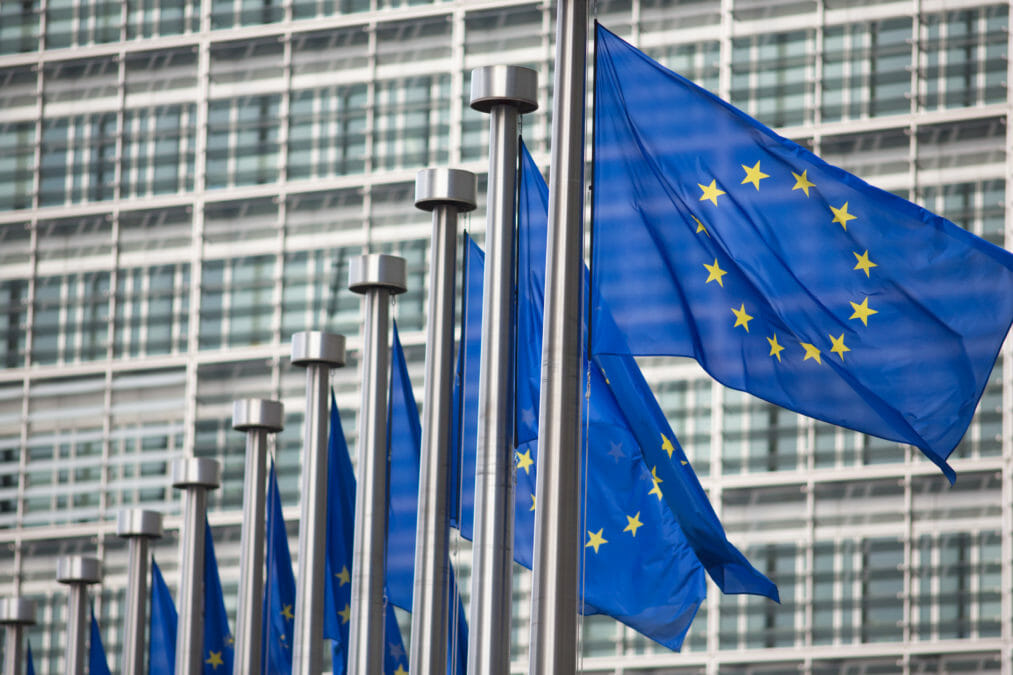A news report in the Financial Times has suggested that the EU digital strategy will have to be revised and overhauled in the wake of the challenges caused by the coronavirus crisis.
The disruption caused by coronavirus, or Covid-19 is the main factor in this and will likely delay legislation, such as regulations on Big Tech, according to individuals involved in the strategy.
Last month, Information Age attended Microsoft Data Science and Law Forum in Brussels, where European Commissioner Didier Reynders discussed the EU’s strategy and whitepaper regarding the training of AI algorithms and data sovereignty.
The realities of this policy have been exposed by the pandemic, said EU officials.
“Now with coronavirus, if you’re working on something like a vaccine and you want to move quickly, there is a realisation you need to rely on a much broader set of data,” one person with direct knowledge of the European Commission’s thinking told the Financial Times.
“The EU is not backtracking yet on its position but it is thinking more actively about the unintended consequences of what they have proposed in the whitepaper on AI,” the person said.
Ad mogul Martin Sorrell says coronavirus will “accelerate the digital revolution”
Quality data in a timely manner
One EU official explained that in the wake of the coronavirus, it has never been more important to access quality data as quickly as possible. “But we are still not talking about relying on data from anywhere,” the official cautioned.
Digital legislation, such as regulation for Big Tech, and the consultation around the EU’s whitepaper on the concerns it has over the use of AI may well be pushed back amid the disruption caused by the coronavirus.
Remote working has already produced a significant strain on the EU’s IT system, and ensuring this is functioning effectively must be the priority.
Despite this, the official line is that the deadlines for new legislation remain on time. “Deadlines haven’t been moved yet but we need to see how the situation develops,” said another EU official with direct knowledge of the commission’s thinking.
An EU spokesperson said: “The European Institutions need to adapt to the radically changed situation; this concerns the priority setting at the moment as well as the way the different institutions work.”
[emailsignup]










